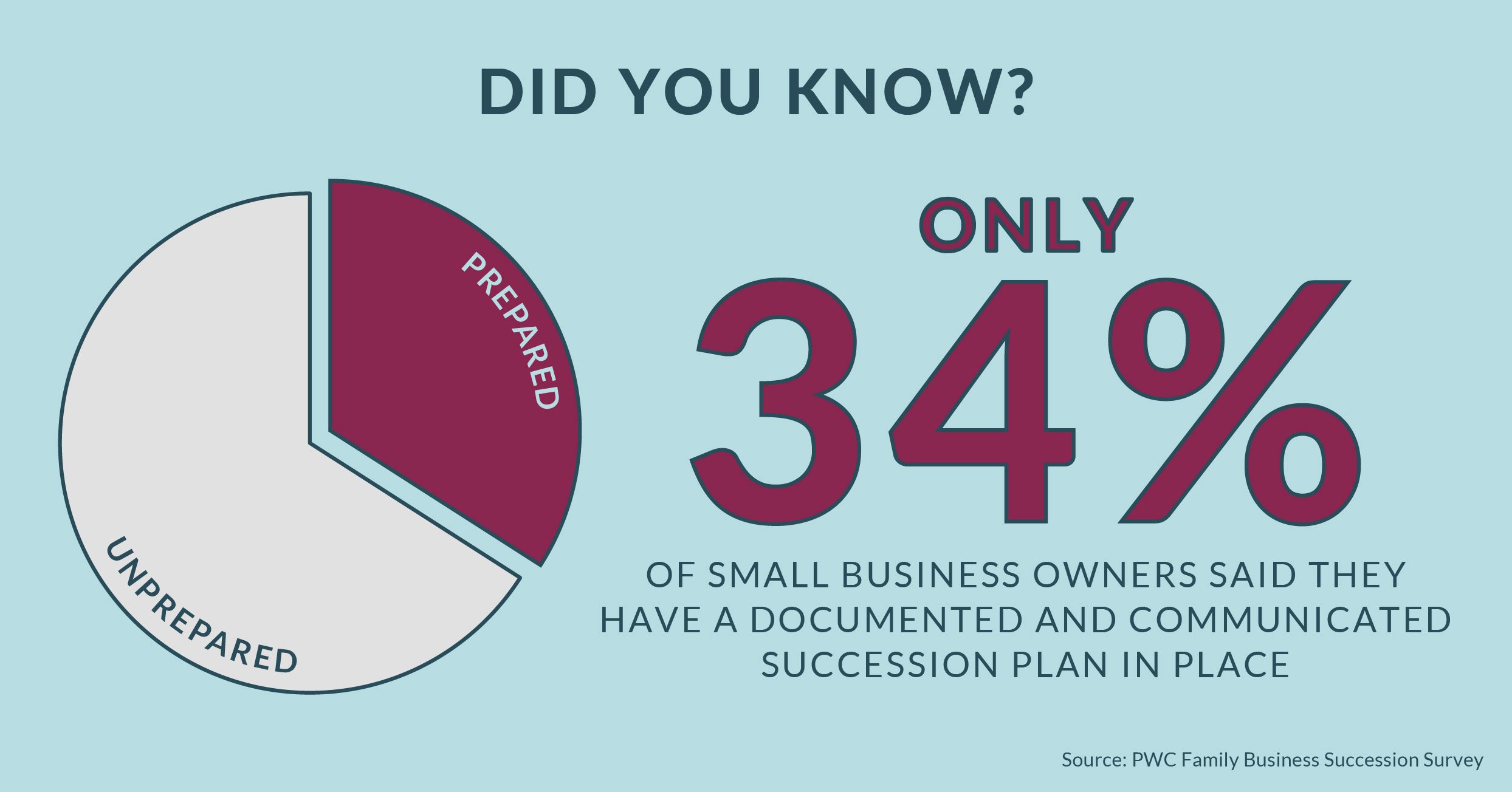SUMMARY
It’s essential to engage the next generation and pass on the values that have driven your company's success, particularly when it comes to family business succession planning. Try these four steps to achieve long-term success for your family business.
If you’re a family business owner, it’s normal to be concerned about the future of both your family and your business. In fact, about 72% of business owners want to ensure their business stays within the family, according to PWC’s Family Business Succession Survey. However, many struggle with basic objectives like communication, establishing a mission and shared values.
To ensure longevity, it's essential to start a family business succession plan and pass on the values that have driven the company's success. Here are four strategies to achieve this:

How to Engage the Next Generation
1. Establish and communicate shared values
Demonstrating your values through daily business operations and charitable efforts is crucial. Actions speak louder than words and how you treat employees, reward innovation and overcome challenges conveys your values more effectively than words on a wall or in handbook.
For example, being involved in charitable efforts through a family foundation is a powerful way to live your family values. This approach helps to create a culture that reflects your values and makes them more tangible for the next generation.
2. Start a conversation
Discussions about values are more productive if they are a dialogue rather than a monologue. As a parent, it can be tempting to simply tell your next gen what to do rather than have a conversation about how to do the right thing – don’t let that misstep ruin your succession plan.
Instead, share experiences, listen to their perspectives and discuss what worked and what didn't. Engaging in a conversation takes more time and requires more thought but it's important to present the family's values to the next generation in a way that's meaningful and will draw them in.
It's also important to recognize that while each family member's opinions should be heard, they may not carry the same weight due to differences in life experience and both generations should recognize that.
Here are a few questions you can ask to get the conversation started:
Vision and Values:
Can you share your thoughts on the core values and long-term vision of our family business? How do you see yourself contributing to these values and vision in the future?
Roles and Responsibilities:
What roles and responsibilities do you think you would like to take on in the family business? How can we work together to define these roles clearly and ensure they align with your strengths and interests?
Communication and Decision-Making:
How can we improve communication and decision-making processes to make sure everyone's voice is heard and valued? What ideas do you have for more effective collaboration?
Education and Training:
What kind of education and training do you feel you need to be well-prepared for your future role in the family business? How can we support you in this journey?
Financial Planning and Incentives:
What financial planning and incentives would help you feel more motivated and committed to the family business? How can we structure these to benefit both you and the business?
3. Incorporate them into the story
Multi‐generational family stories can play a strategic role in sharing values from one generation to the next. The key is to allow all family members who are involved to see themselves in the story. Sharing multi-generational family stories that represent the whole family unit, not just the founder, can be an effective way to pass on values.
A good way to start can be “Our family has a history of…” which allows each generation to see themselves as part of the tradition and how they fit into it. The importance of these stories is less about defining a particular set of values and more about feeling like the whole family is working to accomplish something together.
Although some family business owners believe they should have a formal narrative to present to each generation, that's not the most effective approach. Effective family stories are the ones that are told around the dinner table or while you're on vacation. They’re far more powerful when they occur naturally in your everyday life.
4. Be flexible
It's important for families — especially the leading generation — to recognize that values can be expressed in different ways from generation to generation. For instance, "hard work" may mean long hours to one generation but something else to the next. Be open to different expressions of the same value. This flexibility allows the next generation to interpret and apply the family's values in a way that is relevant to their own experiences and challenges.
By implementing these strategies, family business owners can effectively pass on their values and vision to the next generation, ensuring the continued success of both the family and the business. Connect with an advisor for personalized advice for your business succession plan.
